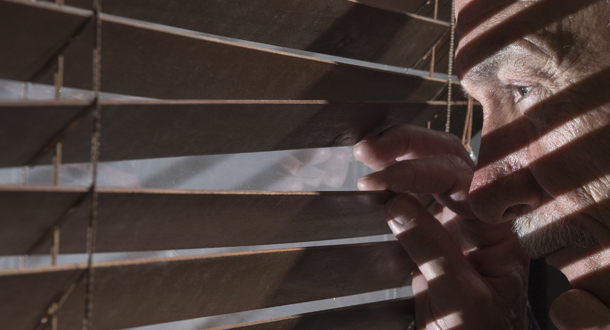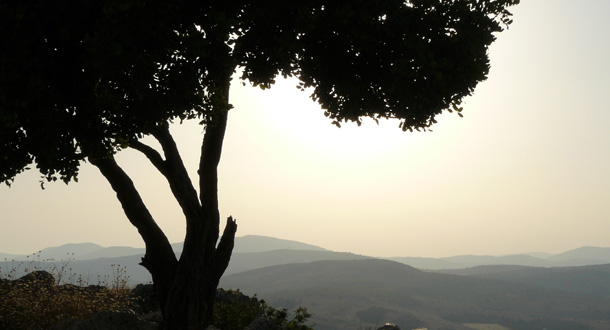 Scripture:
Scripture:
Reflection:
When they came to Mysia, they tried to go on into Bithynia, but the Spirit of Jesus did not allow them so they crossed through Mysia. Acts 16:7
If they persecuted me, they will also persecute you. John 15:18
Did you ever just have one of those days? You know the ones – where everything is going great. The sun is shining, traffic is particularly light, you hit all the green lights, the laundry is all done, your inbox is cleared, you actually have a few minutes, if not an hour or two, to breathe. You may find your heart crying out with joy, just the sheer exuberance of being alive.
And then there are those other days. Where you awake with the awareness of tasks undone, issues unresolved, that phone call you’ve been dreading making that you cannot put off any longer.
Both of these experiences are part of our earthly life. There are those times that we seemed blessed and the gratitude spills from our lips. Likewise, there are those time when we feel beset on all sides, and our cry is more of, “why me?”
Jesus reminds us that even the Son of God was persecuted. Should we expect any less? There will be times when our decisions are questioned, when we feel ourselves on the defensive, when we just wish for a little peace and quiet. What are we to do when we feel persecuted?
The Acts of Apostles and the lives of the saints are filled with stories of triumphs and setbacks. It sometimes feels like it’s constantly, ‘three steps forward, two steps back.’ But our first reading today can give us an insight into how to proceed when we feel life gets in our way. Is so simple we might miss it: “So they crossed through.”
We must remember that we are a pilgrim people. We are on the way. We have with us the Spirit of God and Jesus has gone before us. Elsewhere in the Acts is says, ”So they left the presence of the Sanhedrin, rejoicing that they had been found worthy to suffer dishonor for the sake of the name.”
While I am a far way from rejoicing in my persecutions (even when they are are simple as hitting all the red lights when I’m running late), I pray today that I remember the example of Jesus and continue to trust in The Lord.
Talib Huff works and volunteers at Christ the King Retreat Center in Citrus Heights. You may reach him at [email protected].

 Scripture:
Scripture: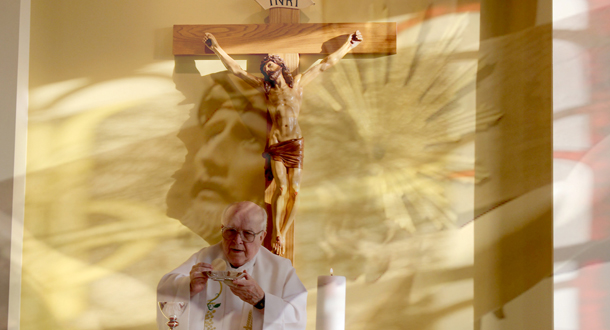 Scripture:
Scripture: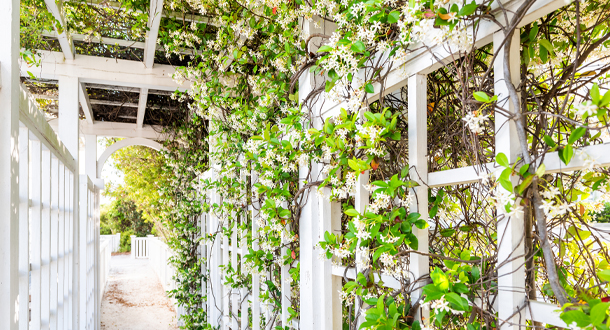 Scripture:
Scripture: Scripture:
Scripture: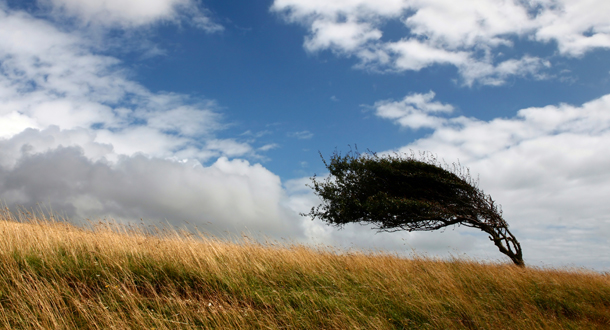 Scripture:
Scripture: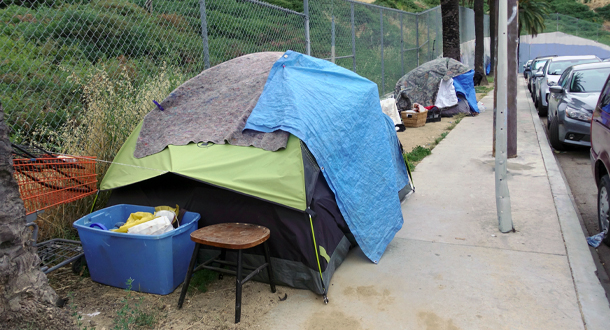 Scripture:
Scripture: